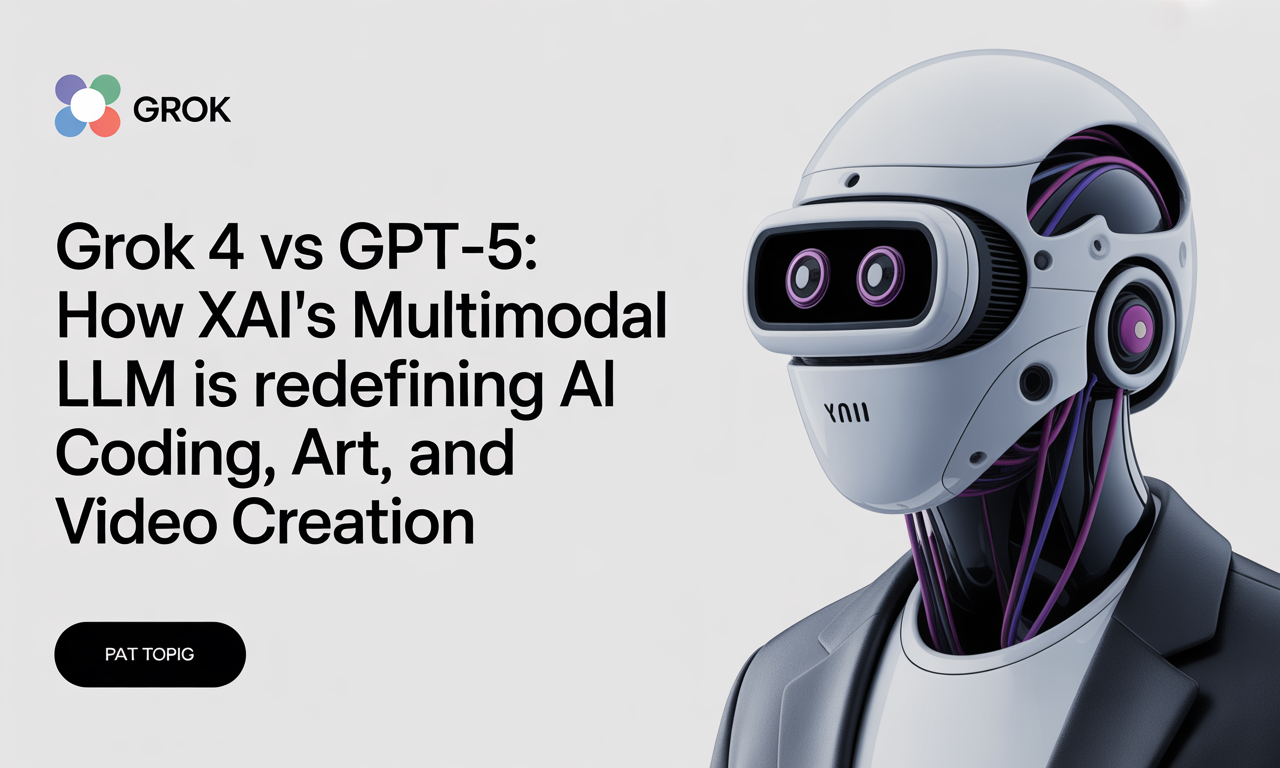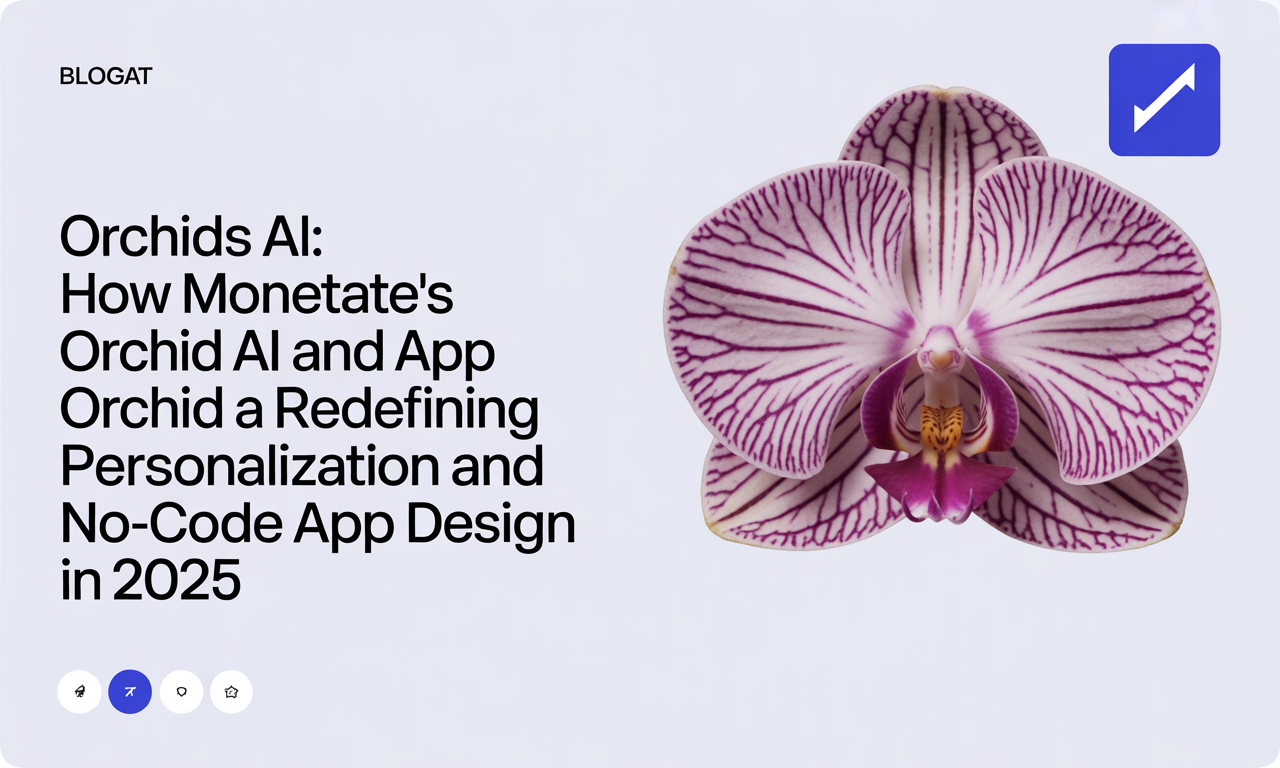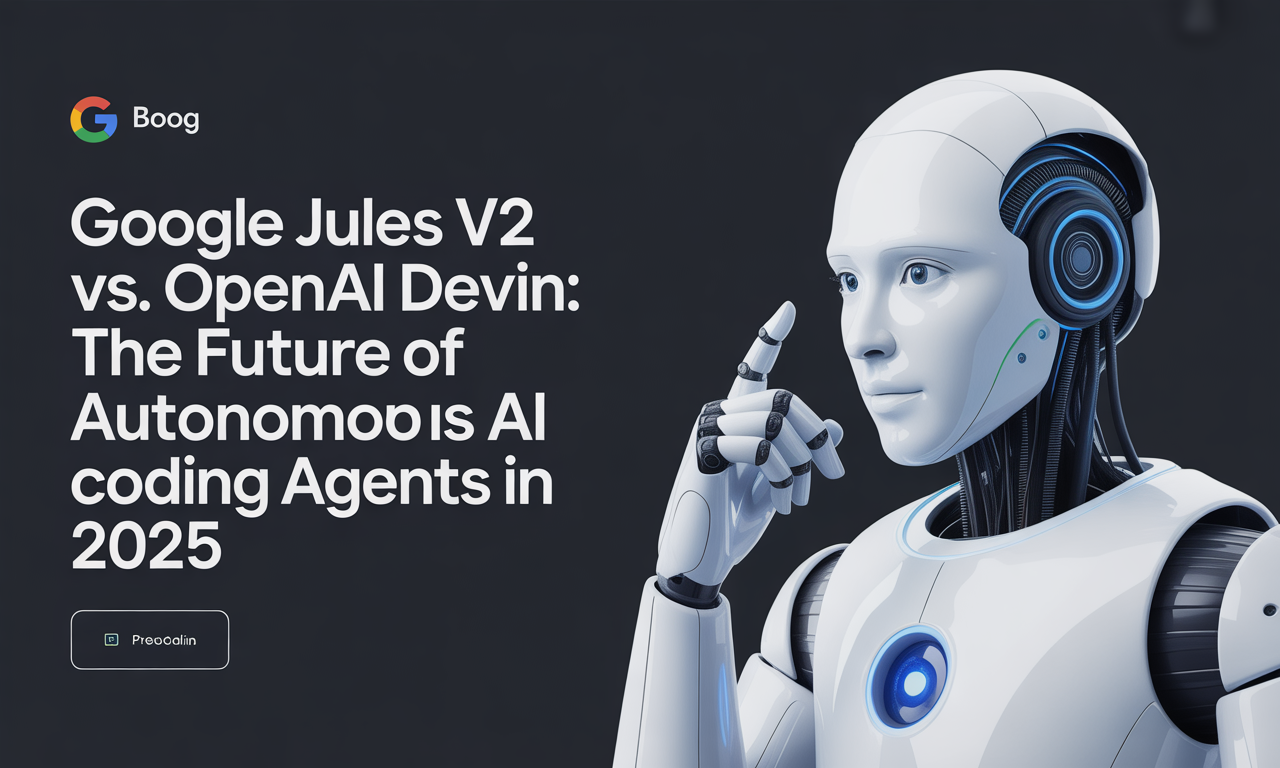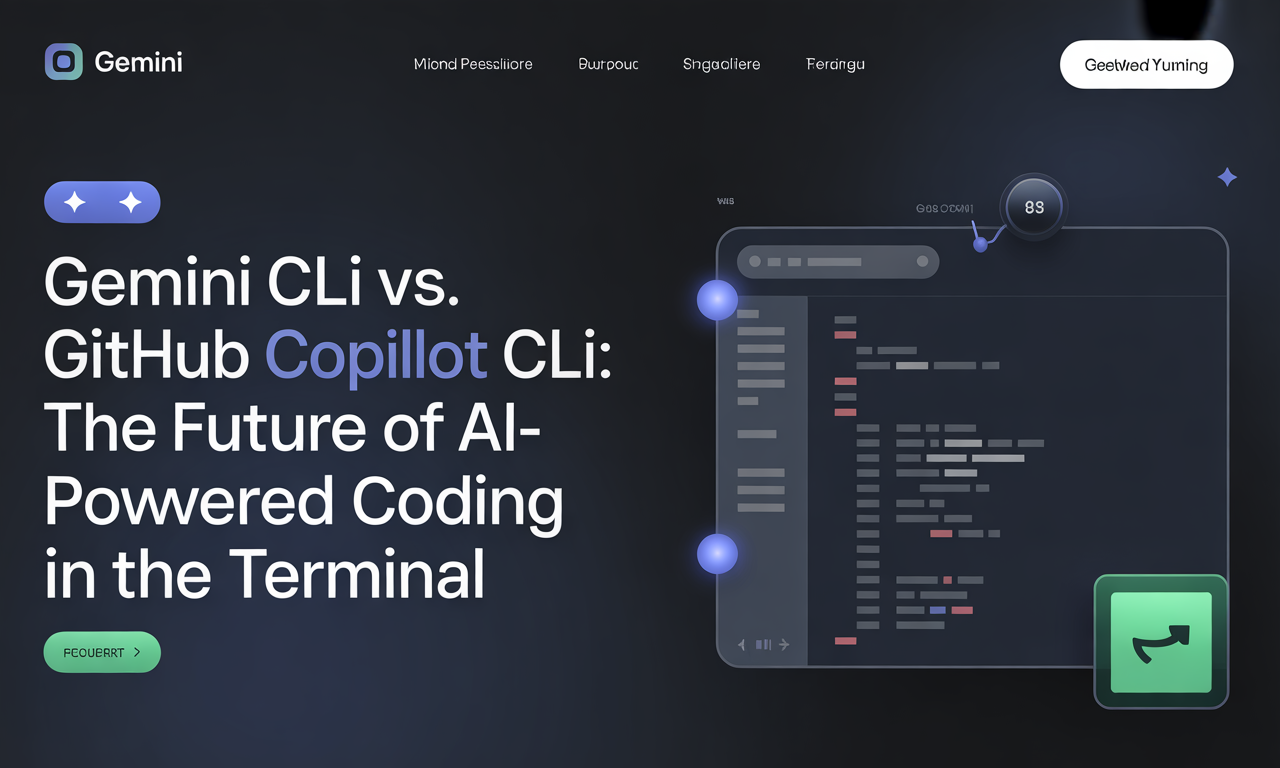Grok 4 vs GPT-5: How xAI’s Multimodal LLM Is Redefining AI Coding, Art, and Video Creation
In 2025, the race to develop the most advanced large language models (LLMs) has reached new heights. Two titans in the AI world—xAI’s Grok 4 and OpenAI’s GPT-5—are setting unprecedented standards in AI capabilities, especially in coding, art, and video creation. Each model pushes the frontier of what AI can achieve, but their fundamentally different architectures and design philosophies offer unique strengths. This detailed comparison explores how these models are shaping the future of creative and technical workflows.
Core Innovations: Understanding Grok 4 and GPT-5
Before diving into their impact, it’s essential to grasp the core differentiators between Grok 4 and GPT-5.
| Feature | Grok 4 (xAI) | GPT-5 (OpenAI) |
|---|---|---|
| Architecture | Multi-agent (4 collaborating models) | Monolithic, single large model |
| Multimodality | Advanced: text, code, images, video | Advanced: text, code, images, video (rumored) |
| Reasoning | Parallel, collaborative reasoning | Deep, sequential, nuanced reasoning |
| Coding Ability | Superior code review, debugging, actionable fixes | Strong code generation, planning, reasoning |
| Art/Video Creation | Multimodal, context-aware generation | Expected strong, but details limited |
| Benchmarks | Industry-leading on GPQA, MMLU Pro, coding tests | Expected to surpass GPT-4, focus on reasoning |
| Release Date | Summer 2025 | Expected Summer 2025 |
| Unique Strength | Multi-agent collaboration, massive context window | Advanced planning, safety, nuanced output |
Grok 4: The Multi-Agent, Multimodal Revolution
Multi-Agent Architecture — Collaborative Intelligence in Action
Grok 4’s defining innovation is its multi-agent system, where four specialized AI agents work in tandem to analyze and solve queries. This parallel collaboration mimics a team of human experts brainstorming together, allowing the model to:
- Offer diverse perspectives on complex problems.
- Cross-validate and refine outputs with internal “consensus.”
- Deliver more reliable, contextually rich responses than monolithic models.
This teamwork approach is particularly effective for nuanced coding tasks, creative content generation, and handling multimodal inputs like images and video.
Mastering Multimodality: Text, Code, Images, and Video
Unlike many models focusing mainly on text, Grok 4 natively supports multiple data types. This means it can:
- Seamlessly switch between writing code and generating visual art.
- Understand video content contextually and create or edit video elements.
- Produce context-aware outputs that integrate multiple modalities in a coherent way.
Such versatility enables Grok 4 to serve as a one-stop platform for developers, artists, and video creators alike.
Coding Excellence: Debugging and Actionable Fixes
Developers have praised Grok 4 for its:
- Superior code review capabilities that identify subtle bugs.
- Debugging assistance that provides step-by-step fixes.
- Actionable recommendations that often catch issues missed by other models.
The multi-agent approach means code is scrutinized from several angles, improving reliability and reducing development time.
Benchmark Leadership and Enterprise Appeal
Grok 4 shines in competitive benchmarks:
- Scored 88% on GPQA Diamond, surpassing Google Gemini 2.5 Pro.
- Dominates “Humanity’s Last Exam” and MMLU Pro metrics.
- Leads in intelligence and coding indices, reflecting broad competence.
Additionally, its architecture supports enterprise-grade performance at lower costs, appealing to businesses seeking robust, scalable AI solutions.
GPT-5: Deep Reasoning and Safety at the Forefront
Single-Model Design Focused on Nuanced Reasoning
GPT-5 continues OpenAI’s tradition of building massive, monolithic models with a laser focus on:
- Deep, sequential reasoning that supports complex, multi-step problem-solving.
- Enhanced planning capabilities, moving closer to AGI-like performance.
- Generating nuanced, contextually aware outputs that handle ambiguity well.
This allows GPT-5 to excel in scenarios demanding sophisticated logical workflows and intricate understanding.
Prioritizing Safety and Reliability
OpenAI’s extensive “red teaming” process has reinforced GPT-5’s:
- Resistance to generating biased or harmful content.
- Robustness in handling edge cases and adversarial inputs.
- Confidence in deploying the model for business-critical applications where safety is paramount.
This focus ensures GPT-5 is not just powerful but also trustworthy.
Expected Improvements in Creativity and Multimodality
Though details are more guarded, GPT-5 is rumored to enhance:
- Multimodal inputs and outputs, including text, code, images, and possibly video.
- Creative tasks like art and video generation, with a strong emphasis on reasoning-driven creativity.
- Sophisticated code generation paired with strategic planning, aiding complex software development.
Redefining AI in Coding, Art, and Video Creation
Coding: Collaboration vs. Deep Planning
Both models push the envelope in programming assistance but with different strengths:
- Grok 4’s multi-agent system acts like a coding team, excelling at review, debugging, and actionable fixes. This makes it invaluable for iterative development and quality assurance.
- GPT-5 shines in code generation and planning complex software architectures, benefiting projects that require deep, strategic reasoning.
Actionable Tip:
For developers seeking collaborative debugging and practical fixes, Grok 4 is ideal. For those focused on long-term planning and complex code synthesis, GPT-5 may be the better choice.
Art and Video: Context-Aware Creativity vs. Reasoned Generation
In creative domains:
- Grok 4’s collaborative agents produce coherent, context-rich art and video content, integrating multimodal data for richer storytelling.
- GPT-5, while expected to deliver strong creative outputs, leans on reasoning to create thoughtful, nuanced works that consider deeper context and planning.
Actionable Tip:
Artists and video creators looking for dynamic, multi-perspective content generation should explore Grok 4. Meanwhile, those needing conceptually layered and carefully reasoned creations might prefer GPT-5.
Enterprise and Research Use Cases
- Grok 4’s architecture supports scalable, cost-effective deployment, making it attractive for enterprises and research labs focusing on multimodal innovation.
- GPT-5’s emphasis on safety and reliability caters to organizations prioritizing risk management and regulatory compliance.
Key Insights and Limitations
What Makes Grok 4 Unique?
- Collaborative reasoning sets a new paradigm in AI problem-solving.
- Native multimodality breaks down barriers between text, code, art, and video.
- Benchmark dominance confirms its current technical leadership.
GPT-5’s Competitive Edge
- Deep, nuanced reasoning and planning are unmatched.
- Safety-first design ensures dependable deployment.
- Anticipated to push boundaries in multimodal creativity and code generation.
Limitations and Market Dynamics
- GPT-5’s full capabilities remain under wraps, with much of the analysis based on leaks and industry expectations.
- User preferences vary—some still favor Claude or earlier GPT models for specific tasks like copywriting.
- The AI landscape is evolving rapidly; expect new updates and competitors by late 2025.
Conclusion: Choosing Between Grok 4 and GPT-5 in 2025
The arrival of Grok 4 and GPT-5 marks a pivotal moment in AI development, each redefining the future of coding, art, and video creation in distinct ways.
-
Choose Grok 4 if you want:
- Collaborative, multi-agent problem-solving that mimics expert teams.
- Superior code review and debugging assistance.
- Seamless integration of text, images, and video for creative projects.
- Enterprise-ready performance at competitive costs.
-
Choose GPT-5 if you want:
- Deep, nuanced reasoning and multi-step planning capabilities.
- A model designed for safety, reliability, and business-critical trust.
- Advanced, thoughtful creative outputs driven by logical coherence.
- Cutting-edge code generation with strategic foresight.
As AI continues to evolve, staying informed about these innovations will help you leverage the right tool for your creative and technical needs. Whether you prioritize collaborative creativity or deep reasoning, both Grok 4 and GPT-5 offer transformative potential to elevate your projects in 2025 and beyond.
Stay tuned to the latest releases and benchmark updates to make the most informed AI choices this year.



